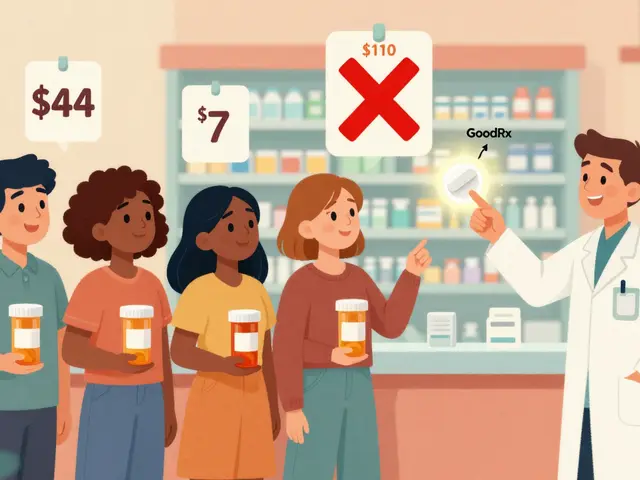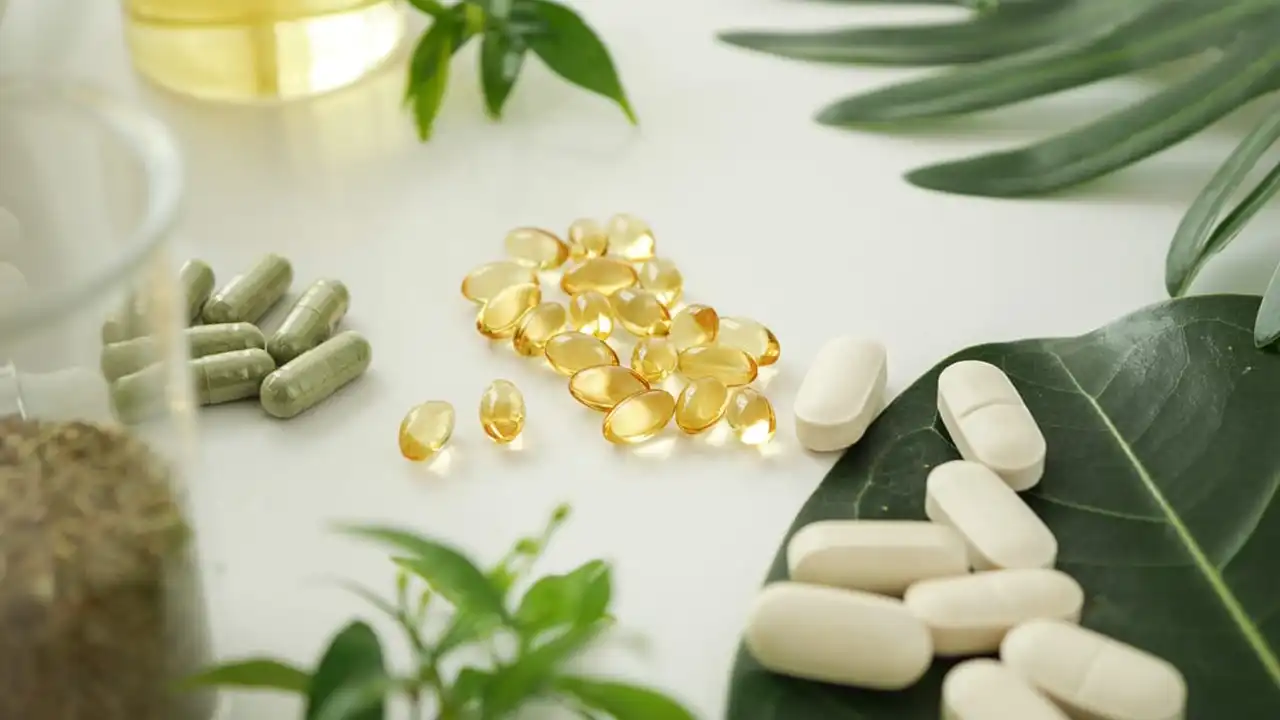Potent Dietary Supplement: What Works, What’s Risky, and How to Choose
Potent dietary supplements promise big gains—better energy, sharper thinking, or faster fat loss—but some deliver and some cause harm. Here’s a clear guide to help you pick supplements that can actually help without creating safety problems. I’ll point out common choices, real risks, and quick ways to check quality before you buy.
What counts as “potent”? It usually means a high dose of an active ingredient or a concentrated extract shown to have measurable effects in clinical studies. Examples you’ll see around here include raspberry ketone (popular for weight loss), garlic supplements like Lasuna (used for cholesterol and immune support), and botanical options such as male fern marketed for men’s health. Each has some evidence, but effects and safety vary a lot.
Evidence vs hype
Don’t trust product claims alone. A supplement that worked in a small lab or animal study may not help people. Look for human trials, clear dosing, and honest reporting of side effects. For instance, raspberry ketone has shown metabolic effects in animals but human data are limited. Garlic supplements have better human data for cholesterol and immune support when standardized for allicin. Read a product’s label and search for studies that use the same ingredient form and dose.
Safety: interactions and vulnerable groups
Supplements can interact with medications and worsen conditions. If you take blood pressure drugs like lisinopril-HCTZ, diuretics, or anticoagulants, some supplements could change how those medicines work or affect sodium balance. Elderly people are more likely to get low sodium (hyponatremia) or dizzy spells when adding strong supplements. Also be cautious if you use prescription drugs discussed on our site—think benzodiazepines, antidepressants, or sildenafil—because interactions happen.
Buy only from trustworthy sources. Online pharmacies can be real or risky; read our reviews before ordering. Look for third-party testing seals (USP, NSF, ConsumerLab), an ingredient breakdown per serving, and batch numbers. Avoid blends that hide dosages behind “proprietary blends.”
Practical checklist before you try a new supplement: 1) Identify the active ingredient and daily dose used in human studies; 2) Check for known drug interactions; 3) Start with the lowest reasonable dose for two weeks and watch for side effects; 4) Stop if you get new symptoms and consult your doctor; 5) Prefer products with third-party testing.
Want quick reading? Check our posts on Lasuna garlic, raspberry ketone, and male fern to see evidence and safety notes specific to each product. If you’re on meds, share the supplement label with your clinician before starting. Smart choices beat trendy promises—pick products that match real research and treat your health like a long game.
Timing and expectations matter: some supplements take weeks to show effects, others give immediate but small changes. Track what you try in a simple notebook—dose, start date, any signs, and how you feel. Keep bottles for at least 90 days so your clinician can check ingredients if needed. If a product promises instant miracle results, treat it as a red flag. Ask questions.
8
Experience the Healing Wonders of Chaga: Your Guide to the World's Most Potent Dietary Supplement
Hi there! Today, I'm going to introduce you to one of nature's best kept secrets: Chaga. This potent dietary supplement is renowned worldwide for its healing wonders. Ideal for boosting immunity, reducing inflammation, and even battling cancer or other diseases. In this guide, we'll explore the benefits, consumption methods, and a whole lot more about this fascinating supplement. So, if you're ready to take a step towards improved health, then let me walk you through the world of Chaga. See you inside!
Latest Posts
Popular Posts
-
 Out-of-Pocket Costs: How Generics Cut Your Drug Bills - and When They Still Hurt
Out-of-Pocket Costs: How Generics Cut Your Drug Bills - and When They Still Hurt
-
 Accidental Pediatric Medication Overdose: How to Prevent It and What to Do If It Happens
Accidental Pediatric Medication Overdose: How to Prevent It and What to Do If It Happens
-
 Celiac Disease: Gluten-Free Living and Nutrient Supplementation
Celiac Disease: Gluten-Free Living and Nutrient Supplementation
-
 Enteral Feeding Tube Medication Safety: Compatibility and Flushing Protocols Explained
Enteral Feeding Tube Medication Safety: Compatibility and Flushing Protocols Explained
-
 Extended Use Dates: How the FDA Extends Drug Expiration Dates During Shortages
Extended Use Dates: How the FDA Extends Drug Expiration Dates During Shortages


